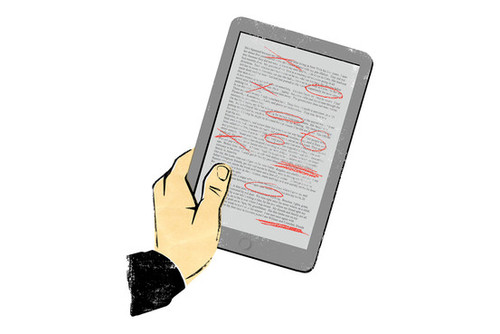In a recent segment on The Daily Show Jon Stewart notes the contrast between hackers and potheads whom the DOJ targets and the big banks that continue to be prosecution proof. He leads into this with a segment that compares the Obama administration’s words to their action in their commitment to freedom of the press.
| The Daily Show with Jon Stewart | Mon – Thurs 11p / 10c | |||
| Priorities USA | ||||
|
||||
The LULz just keeping coming over a juxtaposition of news clips that no other news source would put together. You get news stories about: the prosecution of state-run marijuana shops, a man who faces twenty-five years for hacking a Taylor Swift article, and otherwise boring C-Span clips of the coverage of the DOJ’s attempts to find a bank they can prosecute. This isn’t news, it’s political commentary with jokes. What distinguishes political commentary from news is that it goes beyond stating facts, it combines facts to suggest new ideas.
The Daily Show on Hackers, Potheads, and Banks (not) “Too Big to Jail”
| The Daily Show with Jon Stewart | Mon – Thurs 11p / 10c | |||
| Priorities USA – Too Big to Jail | ||||
|
||||
Thirty years ago, Jon Stewart’s role would have been filled by a columnist, nestled below Doonsebury on the back of the Opinion section. But Jon Stewart doesn’t have to state his facts. With the power of video to show you, rather than tell you, the news-makers hang themselves with their own words.
Most of what he says are jokes; the commentary is in the juxtaposition itself. This is what The Daily Show does best. Where the newspaper columnist of yore would paint a picture with facts and statistics, they make a collage of news clips that, alone, would be the tripe of another news day but together emphasize the hypocrisy, folly, or failure of their target. He doesn’t have to say that the administration’s targeting of journalists and sources goes against their stated values, he can prove it by showing clips of Obama’s words contrasting with his actions. Likewise, by showing a bunch of clips wherein the DOJ passes out prison sentences to hackers and potheads while those who caused the bank crisis go free, he can let the condemnations go unsaid. The video clips say it all, leaving him to make a joke of the irony.
They don’t have to do this. Nothing about The Daily Show requires political analysis. When it began, it was little more than a half-hour competitor to Saturday Night Live’s “Weekend Update.” If you’re old enough to remember the show Not Necessarily the News you know that jokes can be thrown over a news show without giving analysis too. But it’s often the case that while Jon Stewart is making Jew jokes and funny faces, the clips his team puts together are making astute political arguments that can make you angry and make you laugh at the same time. Any given episode of The Daily Show inspires more pathos than an entire season of The Cosby Show. As it should, because you begin to think, hey I listened to CNN all morning and nothing hit me as hard as that four minute segment on The Daily Show.
Following this is an equally brilliant segment wherein Jason Jones interviews a conservative lobbyist who was a victim of the IRS’s recent political targeting. Then it’s a Physics chat with Morgan Freeman. Here’s the full episode: The Daily Show with Morgan Freeman 5-23-2013.

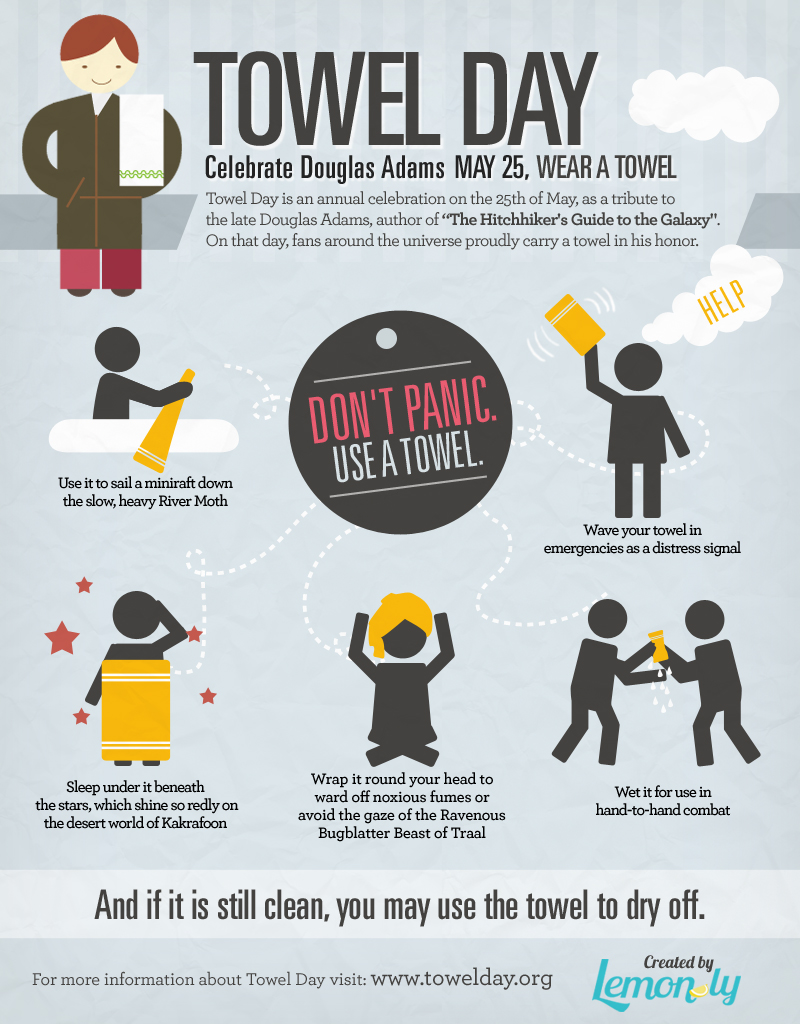

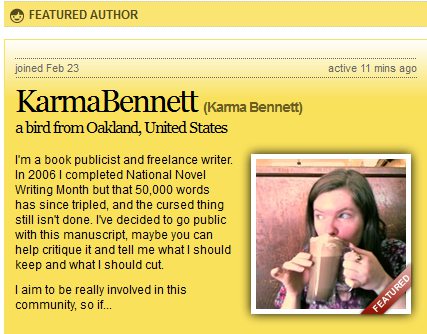
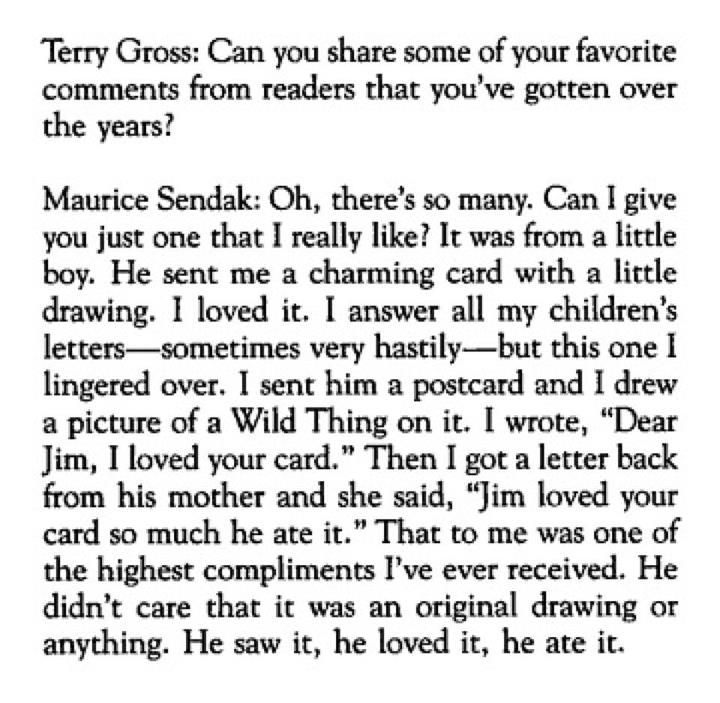
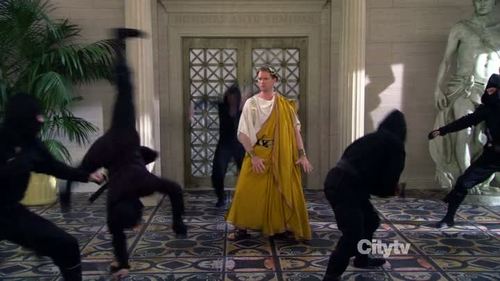
 Twitter is the second-most popular social network in the world, and the ninth most-most popular website worldwide. But I believe for marketing, Twitter is the most important social media account to have. First let me say I’m comparing Twitter to Facebook not because they are the most similar, or because I think you should neglect to promote yourself on Facebook. I compare Twitter to Facebook because most people see Facebook as an important part of their marketing strategy, while neglecting the little blue bird. Sure, Facebook is the second-most popular website in the world. But most of the people who use it expect it to be a personal space. Facebook is where people share photos of their vacation and videos of kittens. You are expected to have one profile for all the different “hats” you wear, encompassing what you do at work, how you spend your free time, what music enjoy and what stories you’ve been reading…the whole kit and caboodle. Twitter allows you to brand yourself. You can have a multitude of Twitter profiles and no one frowns upon it as they would if you had a variety of Facebook personae. This means if you’ve written the book Zombies With Guns you can have a Twitter feed that focuses exclusively on weapons, ammo, and surviving the zombie apocalypse. On Facebook, your friends and family would be irritated by your constant stream of zombie and gun info, because they are not your target audience. On Twitter, your account is specifically for that purpose, so all of your followers would be people interested in that kind of content. Sure, you can get fifty of your friends to like your company on Facebook, but on Twitter those followers are not your pals but potential customers. Facebook has created a number of ways to compete with this advantage. They created groups, then changed, them, and are now getting rid of them. They created company pages. But in my experience, it is harder to gain followers of a Facebook company page than a Twitter page, even though many more people are on Facebook! That’s because people go to Facebook to talk to people they already know in real life. People go to Twitter to find out what’s going on in the world and to receive updates on their favorite subjects.
Twitter is the second-most popular social network in the world, and the ninth most-most popular website worldwide. But I believe for marketing, Twitter is the most important social media account to have. First let me say I’m comparing Twitter to Facebook not because they are the most similar, or because I think you should neglect to promote yourself on Facebook. I compare Twitter to Facebook because most people see Facebook as an important part of their marketing strategy, while neglecting the little blue bird. Sure, Facebook is the second-most popular website in the world. But most of the people who use it expect it to be a personal space. Facebook is where people share photos of their vacation and videos of kittens. You are expected to have one profile for all the different “hats” you wear, encompassing what you do at work, how you spend your free time, what music enjoy and what stories you’ve been reading…the whole kit and caboodle. Twitter allows you to brand yourself. You can have a multitude of Twitter profiles and no one frowns upon it as they would if you had a variety of Facebook personae. This means if you’ve written the book Zombies With Guns you can have a Twitter feed that focuses exclusively on weapons, ammo, and surviving the zombie apocalypse. On Facebook, your friends and family would be irritated by your constant stream of zombie and gun info, because they are not your target audience. On Twitter, your account is specifically for that purpose, so all of your followers would be people interested in that kind of content. Sure, you can get fifty of your friends to like your company on Facebook, but on Twitter those followers are not your pals but potential customers. Facebook has created a number of ways to compete with this advantage. They created groups, then changed, them, and are now getting rid of them. They created company pages. But in my experience, it is harder to gain followers of a Facebook company page than a Twitter page, even though many more people are on Facebook! That’s because people go to Facebook to talk to people they already know in real life. People go to Twitter to find out what’s going on in the world and to receive updates on their favorite subjects.
